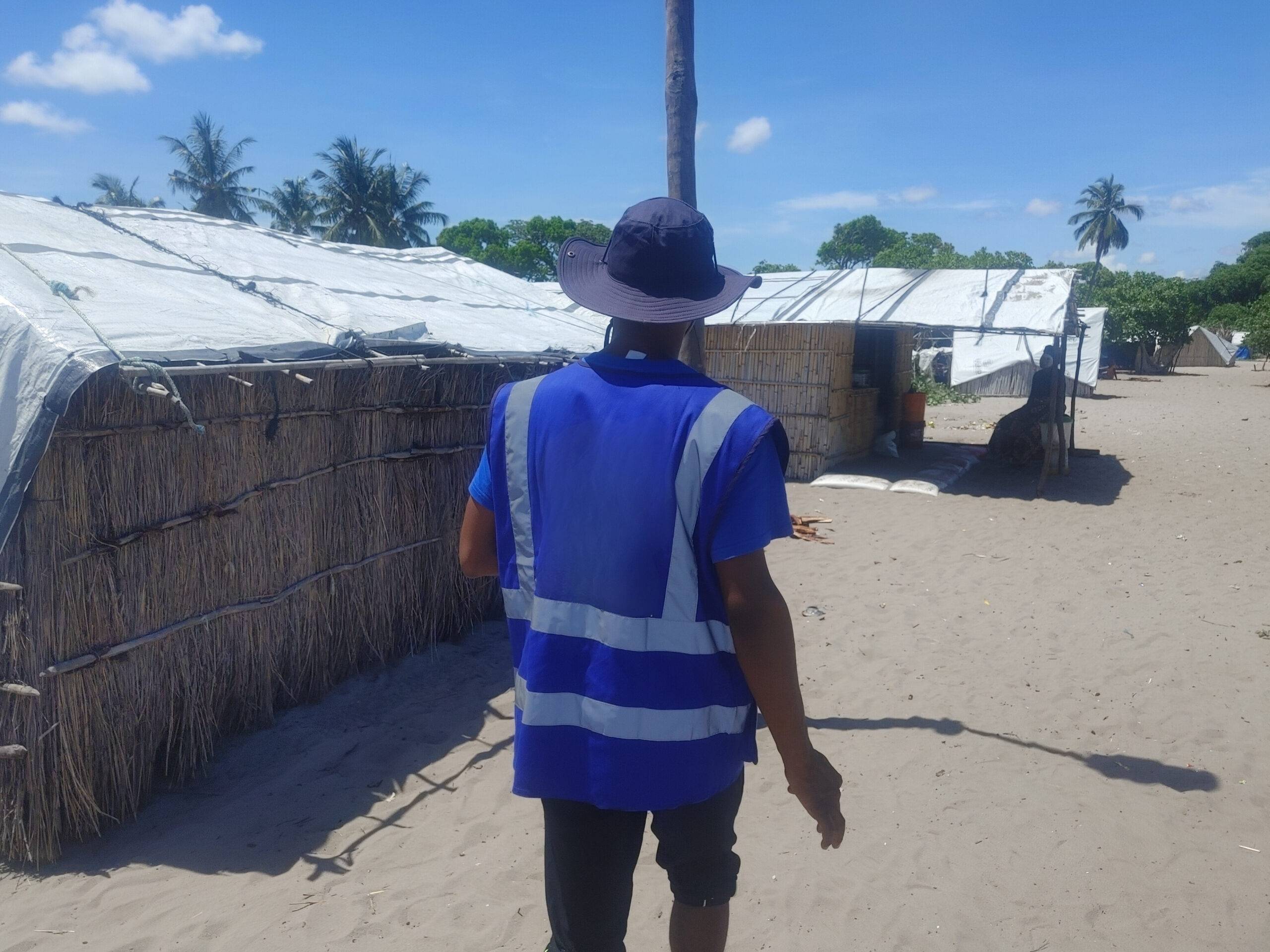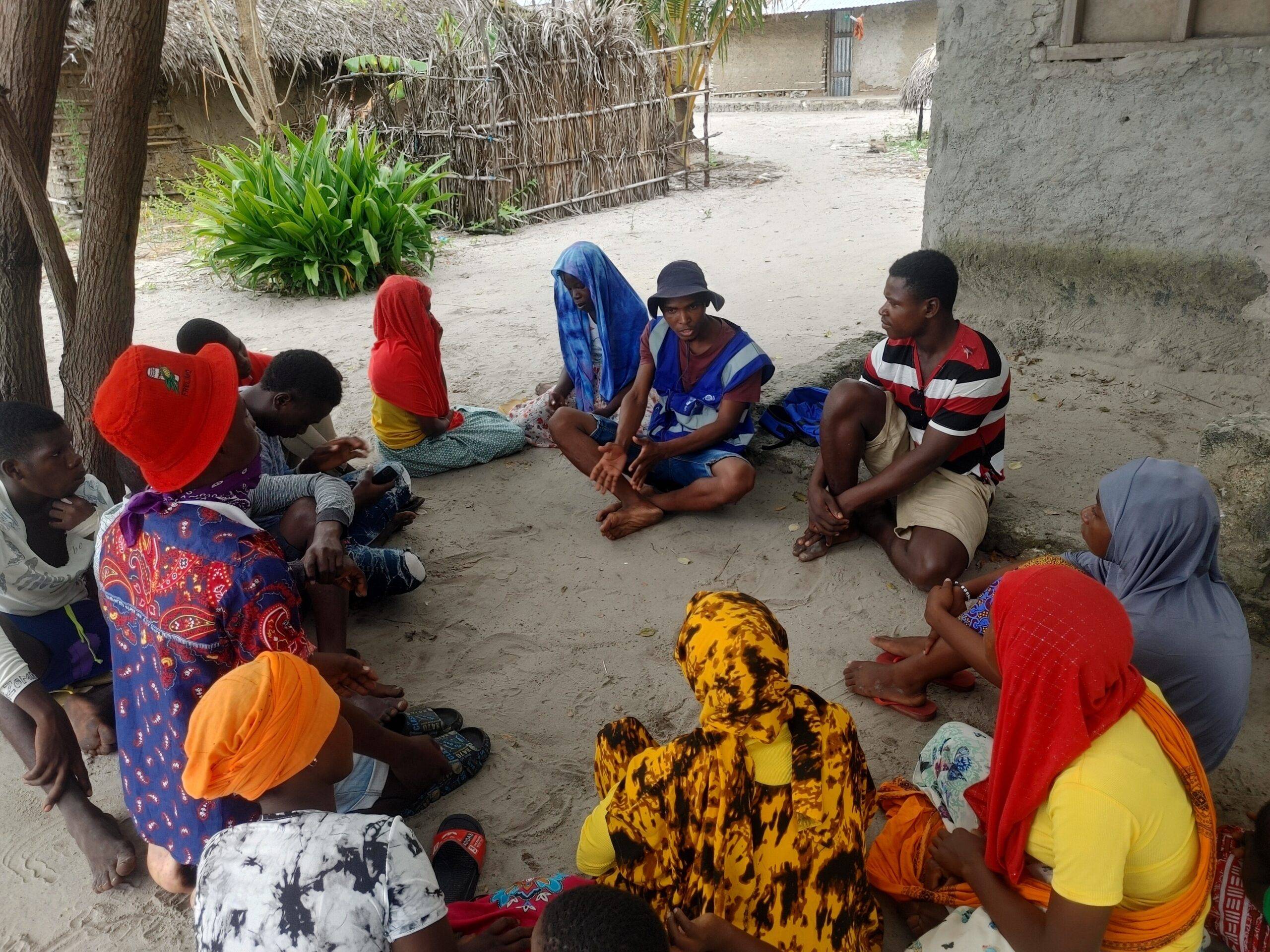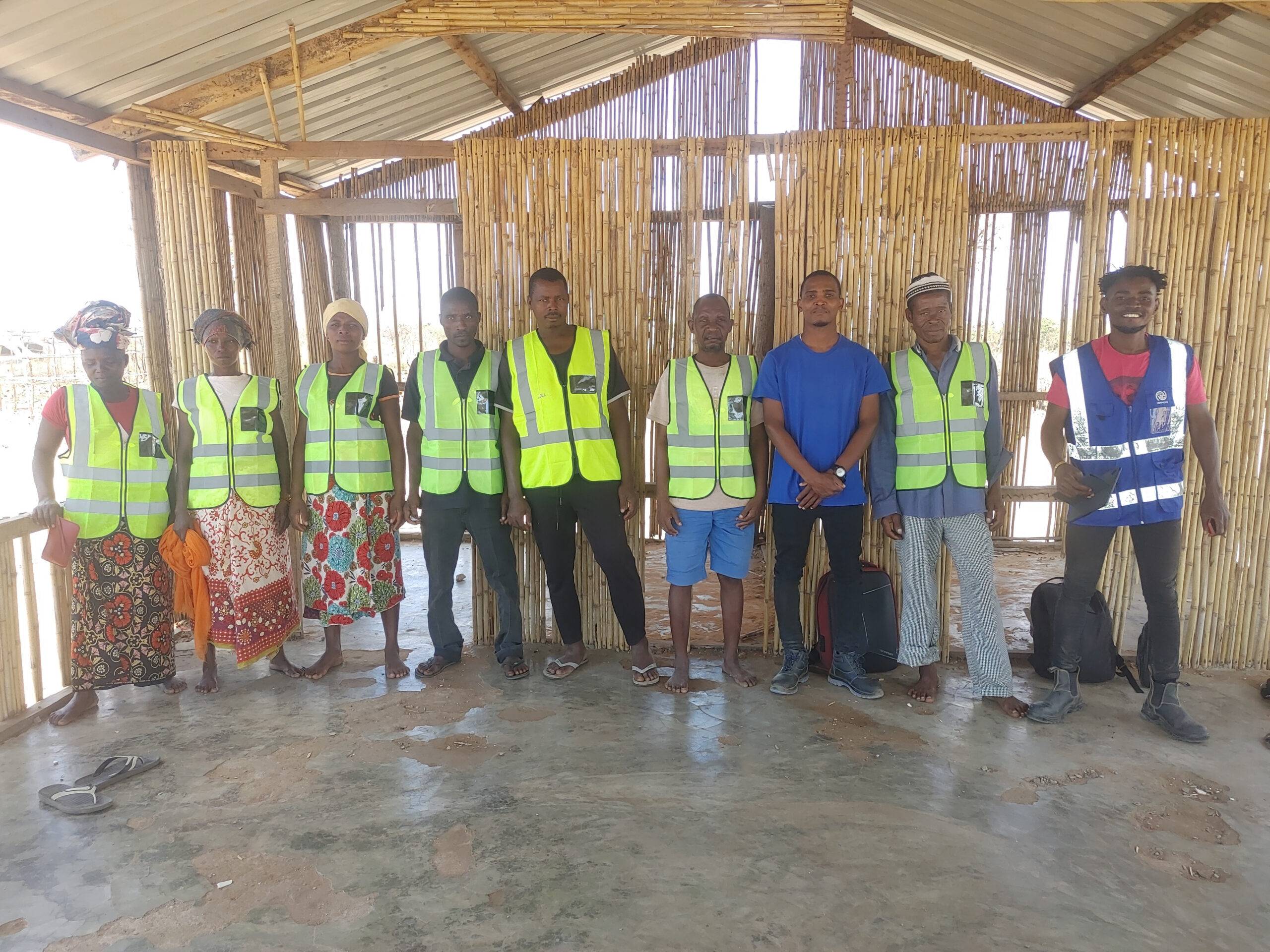- Expertise
- About us
-
Our Purpose
Find out more about CTG’s origins and vision
-
Our Leadership & Management
Meet the team driving CTG’s vision around the globe in conflict settings
-
Our Policies
We adhere to the highest levels of ethical management and corporate governance
-
Contact CTG
Get in touch to find out more about our services
-
CTG’s Culture
At CTG we hire EPIC people
-
- Impact
-
UN Recognition
Global recognition for our social good efforts
-
Sustainable Development Goals
Our commitment to advancing the SDGs
-
Shared Value
Solving social challenges with business solutions
-
Female First
Increasing female representation in humanitarian jobs
-
Putting People First
Leaving a lasting impact on the communities where we work
-
Committed To Good Summit
Accelerating development progress through localised collaboration
-
- Engage
- Work with us
-
Jobs
Find your next post with CTG and sign up to our jobs portal
-
Tayo
CTG’s remote workforce management software
-
Duty Of Care
Protecting our staff and minimising risk in conflict-affected areas
-
Internships
CTG’s Women in Aid: Internship & Mentorship Programme
-
Staff Support
CTG Wellbeing, CTG Learning & CTG Helpdesk
-
Mozambique Uzuaifa Suaiba

Uzuaifa Suaiba, a passionate humanitarian from Mozambique, has found his purpose supporting displaced families. As a Field Monitor, he works to ensure aid reaches those who need it most – despite the ongoing challenges of conflict and instability.
I am the connection between communities and humanitarian actors
Born and raised in Pemba, the capital of Mozambique’s Cabo Delgado province, Uzuaifa’s journey to become a humanitarian began with this love of language. “When I was child, I liked to study and understand the English language,” he shares. “When I finished secondary school, I applied to university to study English Teaching with Translation and Interpretation – my dream course.”
Uzuaifa began teaching English to adults while also volunteering with the government to support displaced people arriving by boat – families fleeing violence in other parts of the province. It was through this work that he found his calling in the humanitarian sector: “Each and every day we were receiving displaced people coming from different areas and those people needed help sincerely.”
On the ground
As a Field Monitor, Uzuaifa engages with communities and coordinates with partners at sites where Internally Displaced Persons (IDPs) live, ensuring that assistance reaches them effectively. He also holds regular inclusion meetings with women’s groups and people who have disabilities to support their participation in community-based activities.
The support of external partners is hugely important for Uzuaifa’s role: “For me, as long as the intervention of the partners I coordinate continues, I feel happy when I see the joy in the eyes of displaced people when they receive help. In the absence of this, as soon as I arrive in the field, families leave complaints, and it is a great weight for me.”
“Being responsible for a site where humanitarian actors operate is challenging, as there are often gaps in service delivery that need to be addressed,” shares Uzuaifa.
I travel hundreds of miles by sea to reach the islands where I assess the satisfaction and concerns of IDPs and host communities across all humanitarian sectors.
Challenges in the community
Working as a Field Monitor is not without its hurdles: “Since joining CTG, one of the most challenging aspects is working in areas where conflicts are occurring. Before I was sent to these areas, no one in my team wanted to go because of being attacked so many times – so I voluntarily went and familiarised with the community members. I can bear the challenging aspects because I am working with people who live in even worse conditions.”
One day in the field, he was helping a heavily pregnant woman and her family reach the main island for medical care. But the boat was delayed, and she ended up giving birth on the beach. Limited access to medical assistance is another major challenge in the communities he works.
Finding balance
When he’s not working, Uzuaifa focuses on what matters most to him: family and community. “I spend time with my family, and we watch TV together,” he shares. “On the weekend, I usually go fishing with a group of my friends. Some days we catch more fish and sell it at market.”
“For me, fishing became a habit and a hobby because I like it, and because my family gave me the power to continue. When I go back home with a basket full of fish, squid and shrimp, my family is very happy – and that is enough for me.”
Motivation amid crises
“Whenever I think about people suffering, my will is to help them, and this idea gives me the motivation to continue working in humanitarian field,” he explains. It is this mindset that helps Uzuaifa perform his duties, even in the face of extreme loss and trauma.
“Once in field, I found a child of 8 years old who had lost her family in conflict and was all alone with no shelter. We followed her case and helped her, but there still are so many people who are in dire situations and who need help in all humanitarian sectors.”
For anyone considering a career in humanitarian work, Uzuaifa offers this advice: “I would tell them to ensure that they have full patience and to be human who listens to the voices of who are in need.”

